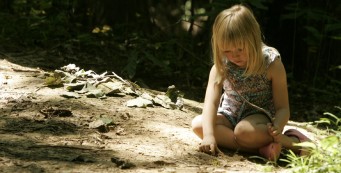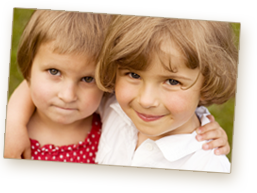 Spending quality time alone is about coming home to our self and our inner world, and staying in contact with that which is deep and permanent … and invisible … that “which can not be lost in a shipwreck.” Self knowledge requires time alone that is quiet, allowing for reflection, feeling, relaxing, and yes, sometimes discomfort. Self knowledge is the path to integrating experience and information, leading to discovering who we are, what we are here to do and fulfilling ourselves through the giving of our gifts back to the world.
Spending quality time alone is about coming home to our self and our inner world, and staying in contact with that which is deep and permanent … and invisible … that “which can not be lost in a shipwreck.” Self knowledge requires time alone that is quiet, allowing for reflection, feeling, relaxing, and yes, sometimes discomfort. Self knowledge is the path to integrating experience and information, leading to discovering who we are, what we are here to do and fulfilling ourselves through the giving of our gifts back to the world.
It is important early in life to begin to provide children with the opportunity to “just be” with themselves. It is just as important to “bond” with our self as it is to bond with our primary caregivers. It is both of these bonding experiences that allow us to continue to connect deeply to our self and others as we go through life, laying the foundation for an integrated balance between moving easily and with confidence between these two worlds: the inner and the outer. Too little time spent alone can leave a child feeling empty and shallow, dependent on others (a constant need for emotional stimulation) or material things for their sense of self. Too much time alone leaves a child feeling unable to meaningfully connect to others. If both of these bonding experiences happen in an appropriate way, then the possibility of a child feeling confident and secure in themselves can come to fruition.

